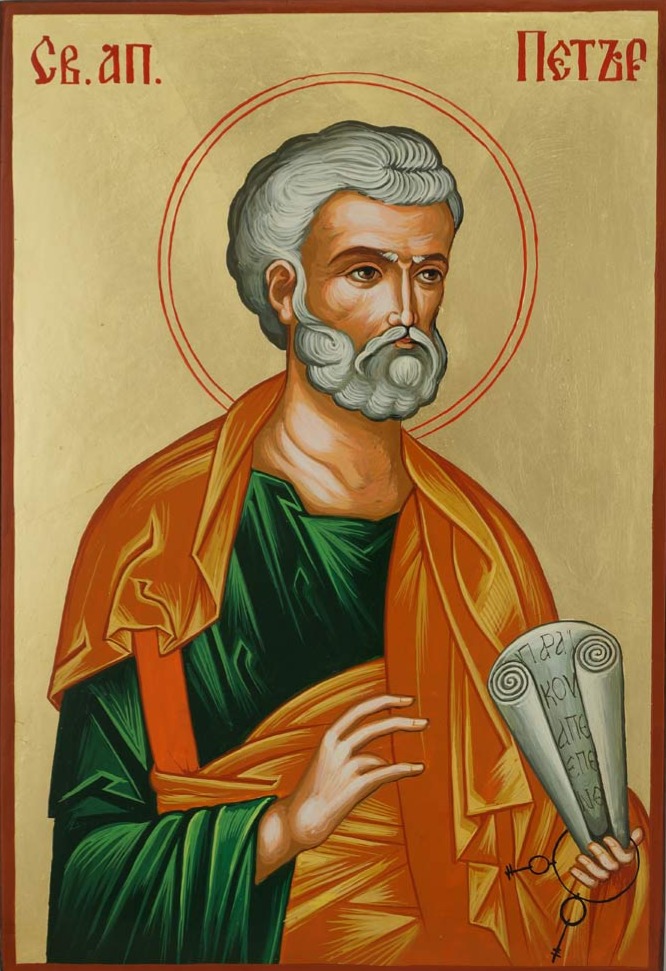
St. Peter the Apostle Antiochian Orthodox Church
Newsletter
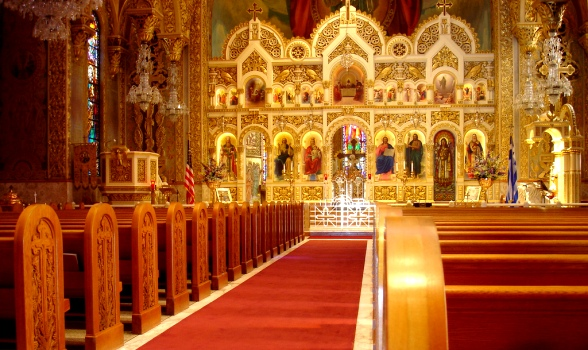
Orthodoxy has completely transformed me already,” he said. “I feel like the first time in my life I’m growing spiritually.”
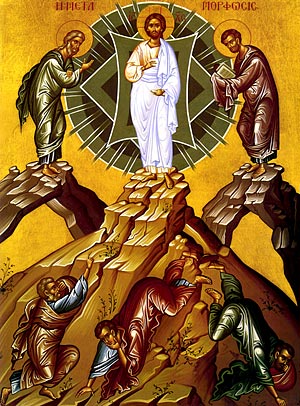
Vesperal Liturgy for the Holy Transfiguration at St. Paul’s Orthodox Church St. Paul’s is serving a Vesperal-Liturgy for the feast of the Holy Transfiguration on Thursday, August 5 starting at
February 21, 2010 On this day we celebrate the Triumph of Orthodoxy, the commemoration of the defeat of the heresy of iconoclasm. The word “heresy,” as we know, means “false
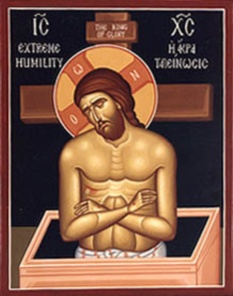
Lenten Services As announced last Sunday, we will be following the Lenten liturgical schedule of our sister parish, St. Paul Antiochian Orthodox Church. Basically this consists of Wednesday Pre-Sanctified Liturgy
Preparing for Lent We heard the second clang of the bell last Sunday when we learned about the Publican and Pharisee in our scripture reading. The bell is telling us
Recently, Fr. Hans was interviewed by Fr. Peter Preble, host of the Shepherd of Souls internet radio program on Ancient Faith Radio. He talked about the Ecumenical Patriarchate including how
Bible Study Starts This Tuesday Our bible study begins this Tuesday evening at 7pm at the home of Jack and Angela Long. We will hold the study every other week.
CLARIFICATION: Theophany service begins at 7pm The Tuesday evening Epiphany Liturgy begins at 7pm. This is what I originally said but I also indicated that an Orthos would begin at
The Sunday Before Theophany The Baptism of our Our Lord and Savior Jesus Christ is an important Holy Day in our Orthodox Church. We also call that day “Theophany” which
by St. John Chrysostom Our father among the saints John Chrysostom, Archbishop of Constantinople, was a notable Christian bishop and preacher from the fourth and fifth centuries in Syria and
by St. John Chrysostom Our father among the saints John Chrysostom, Archbishop of Constantinople, was a notable Christian bishop and preacher from the fourth and fifth centuries in Syria and
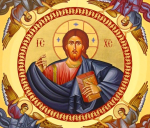
Where are we headed? After considerable discussion after Liturgy last Sunday here is what we want to see happen: Our goal is to develop a parish – by the grace